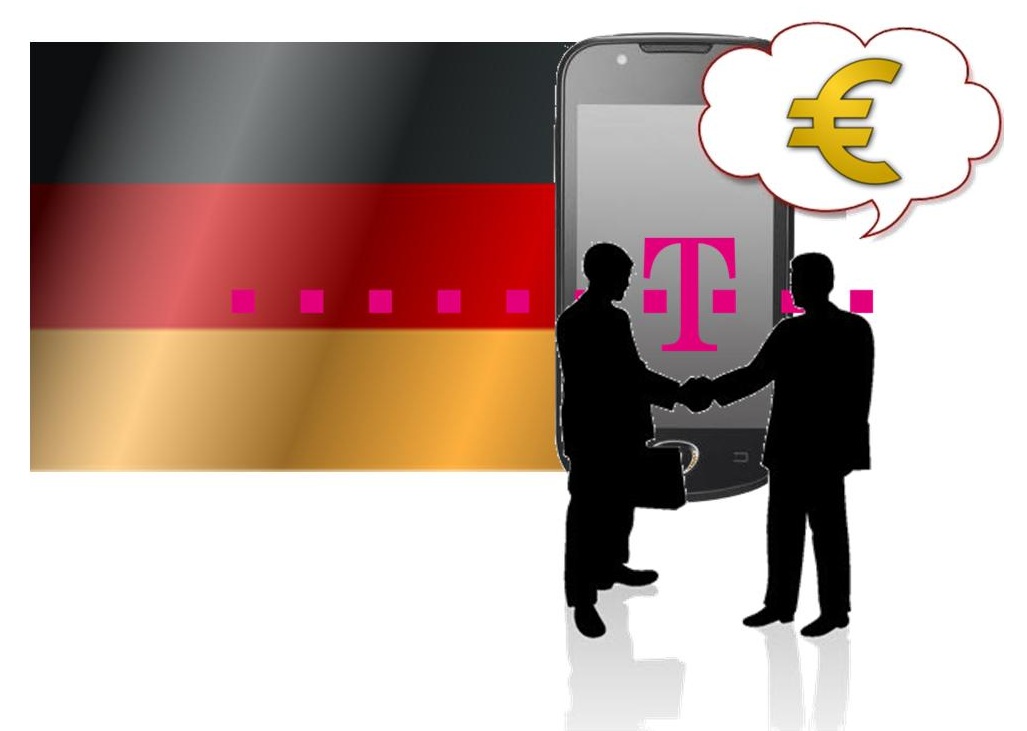 Forced feedback may make mobile games more engaging
Forced feedback may make mobile games more engaging
Researchers from Germany’s Hasso Plattner Institute are working to bring forced feedback to mobile games. Forced feedback refers to textile stimulation that people can experience while playing games. In the past, this was accomplished through controllers equipped with technology that would send a vibration through a gamer’s hands. In the advent of mobile games, forced feedback has lost much of its popularity, but researchers believe they can bring forced feedback back to the limelight.
Mobile games lack features of bygone generations
Forced feedback is often considered a way to foster immersion into particular games. This feature was common in the arcade era of racing games, where steering wheels would react to in-game events. Mobile games lack this feature mainly because most mobile devices are not large enough to accommodate the technology involved and the general disinterest that comes from device makers concerning how consumers experience mobile games.
Researchers envision future where forced feedback matters
Researchers from the Hasso Plattner Institute have been working on a method to recreate this experience by delivering a small electrical current through a mobile device. This current stimulates the muscles in a noticeable fashion, but is not dangerous as it complies with medical standards. Researchers are currently working on a bracelet-like system that could be connected to a mobile device, allowing gamers to experience forced feedback in the mobile games that they play.
Interactive technologies may be a better fit for current gamers
The concept of forced feedback has only received modest attention in the modern game industry. Many consumers are calling for more immersive games, but forced feedback may not be the best way to meet the needs of consumers. Augmented reality, which is already widely used in entertainment and marketing, may be a more appropriate pursuit for the gaming world as it allows for more dynamic sensory stimulus than conventional forced feedback products.
 Deutsche Telekom finds new partners to expand mobile payments throughout Europe
Deutsche Telekom finds new partners to expand mobile payments throughout Europe
Deutsche Telekom, one of the largest telecommunications companies in Europe, has found two new vendors to support its deployment of NFC-based mobile commerce systems. These vendors are B+S Card Services and Intercard. Together, the vendors form a network through which NFC-based mobile payments can be made more available to consumers. In Europe, the demand for comprehensive mobile commerce services is increasing rapidly, pressuring Deutsche Telekom to reach out for partners in its continued efforts to make mobile payments more common.
NFC-based mobile payments to be major focus
The telecommunications company has been an advocate of mobile payments for some time, favoring solutions that make use of NFC technology. This technology is responsible for facilitating mobile payments as it allows for digital information to be transmitted over short distanced. Indeed, NFC is one of the pillars of the mobile commerce world, helping it take form and expanding its acceptance throughout the world. Deutsche Telekom has been developing several NFC-based mobile commerce platforms in order to meet the growing needs of consumers.
Infrastructure to be expanded in Germany
The vendors will help bolster the infrastructure required to process mobile payments at point-of-sale terminals and vending machines. These efforts will be primarily focused on the German market initially. Expansion of this infrastructure is likely to happen within the next few years, as mobile commerce becomes more common in several industries. These efforts are just a portion of the overall plan of Deutsche Telekom, which has been branching into several fields of mobile commerce to find ways to promote mobile payments among consumers.
NFC may be becoming less popular in mobile commerce
NFC technology has been the subject of criticism for some time, mostly due to its lackluster security features. Some companies claim that NFC is just not capable of providing the security necessary to make mobile commerce common among consumers. Along with the current lack of NFC-enabled mobile devices, the technology is quickly becoming a less prominent focus on the mobile commerce field.
 Forced feedback may make mobile games more engaging
Forced feedback may make mobile games more engaging
 Deutsche Telekom finds new partners to expand mobile payments throughout Europe
Deutsche Telekom finds new partners to expand mobile payments throughout Europe